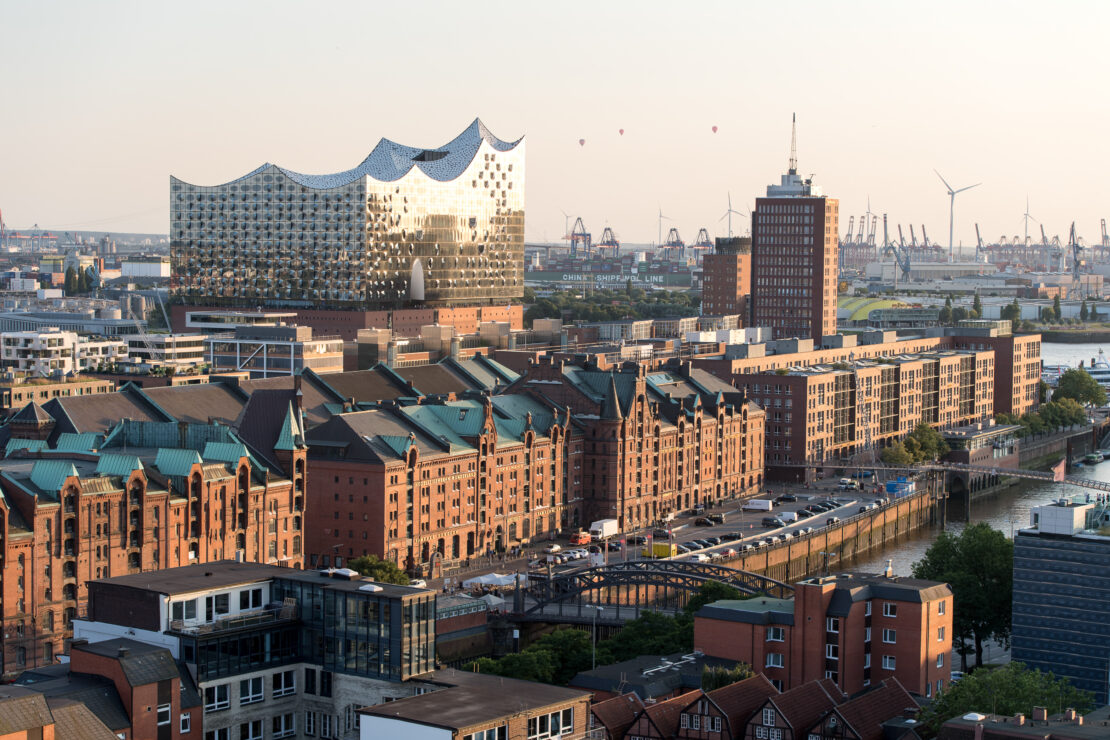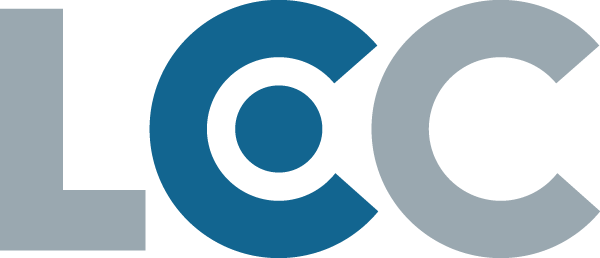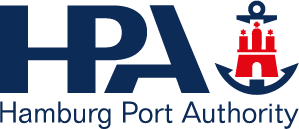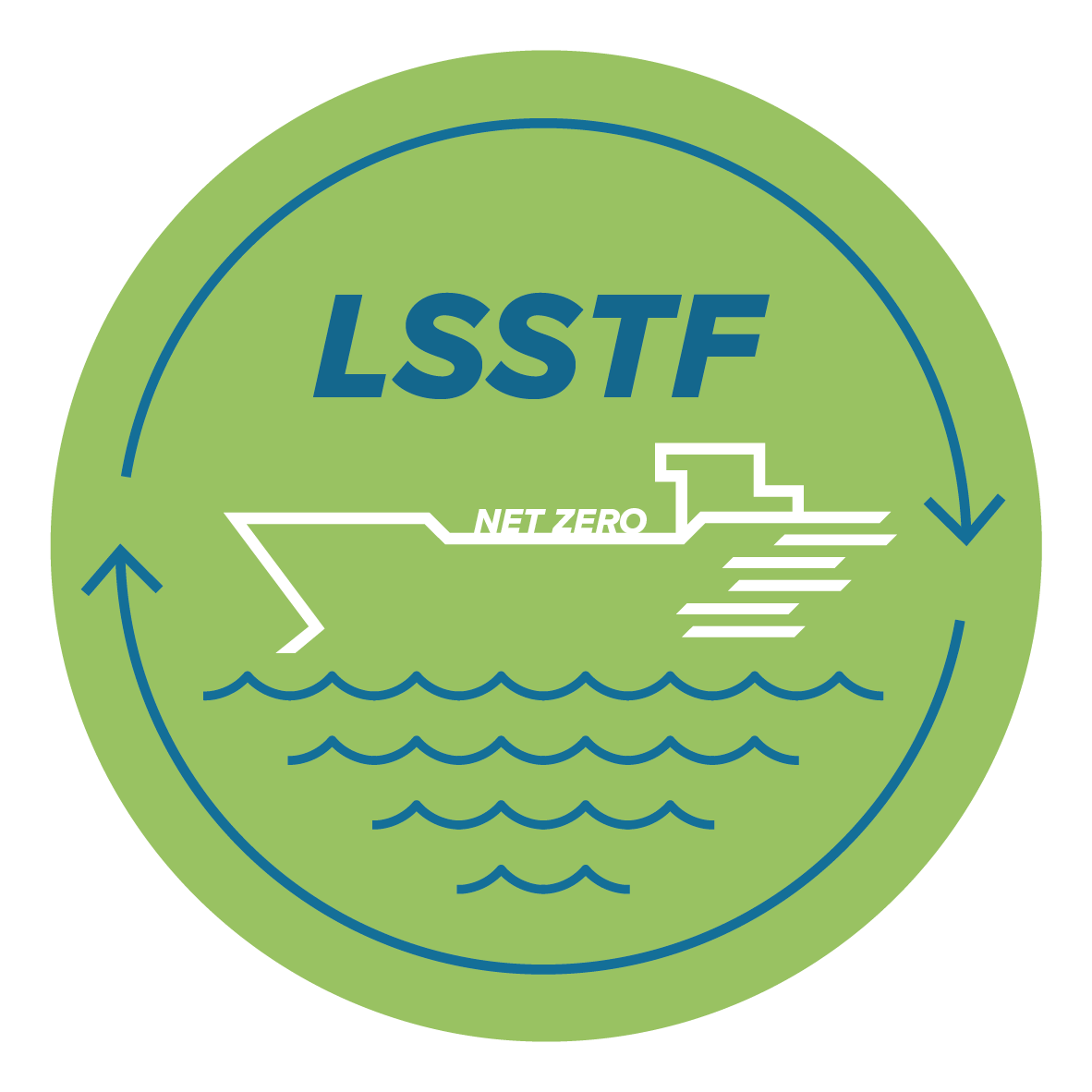Ship efficiency technologies
Making ship propulsion more efficient is high up on the agenda of the industry sector, politics and society. Today as never before, the maritime sector is in great need for sustainable new innovations. This is to fulfil current decarbonisation regulations set by the European Green Deal, the International Maritime Organisation, the UN Sustainable Development Goals and to align with climate change policies such as the Paris Agreement and the International Panel on Climate Change. Drivers are also companies own net zero emissions targets (e.g. Shell by 2050 or Maersk by 2040). Hence, novel technologies that increase ship efficiency are required.
Several efficiency measures to reducing ship energy are available or under development, such as ship hull form optimisation, speed reduction, route optimisation, solar power technologies or optimisation of conventional propulsion devices to only name a few. Led by Johannes Oeffner, the project coordinator of AIRCOAT, this session will focus passive air lubrication, bio-fouling removal as well as machine learning induced energy scheduling technologies.
Statement: Besides reducing ship emissions via alternative fuel solutions, the sectors needs to open up to innovative futuristic technologies (and their combination) in order to make shipping more sustainable and efficient.
Moderator: Johannes Oeffner
Sessions:
1) Talk 1 – Johannes Oeffner (Fraunhofer CML, AIRCOAT Coordinator )
Title: AIRCOAT EU Project – Air induced friction reducing ship coating: Key Results
2) Talk 2 – Fotis Oikonomou (Danaos Shipping Co Ltd.)
Title: Sleekship EU Project: Spectral Imaging powered ship hull bio-fouling detection and cleaning
3) Talk 3 – Jerker Björkqvist (Åbo Akademi University)
Title: Machine learning and energy scheduling
#LSSTF2022 #shippingforum #greenshipping




